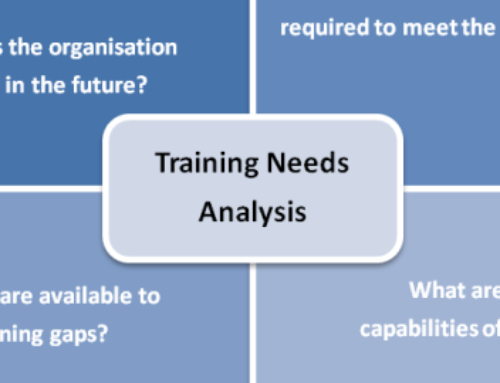Economic success is increasingly based on upon the effective utilisation of intangible assets such as knowledge, skills and innovative potential as the key resource for competitive advantage. The term “knowledge economy” is used to describe this emerging economic structure” (ESRC, 2005).
The phrase was popularized by Peter Drucker as the title of Chapter 12 in his book The Age of Discontinuity, And, with a footnote in the text, Drucker attributes the phrase to economist Fritz Machlup and its origins to the idea of “scientific management” developed by Frederick Winslow Taylor.
Economic Evolution
The knowledge economy is also seen as the latest stage of development in global economic restructuring. Thus far, the developed world has transitioned from an agricultural economy (pre-Industrial Age, largely the agrarian sector) to industrial economy (with the Industrial Age, largely the manufacturing sector) to post-industrial/mass production economy (mid-1900s, largely the service sector) to knowledge economy (late 1900s – 2000s, largely the technology/human capital sector). This latest stage has been marked by the upheavals in technological innovations and the globally competitive need for innovation with new products and processes that develop from the research community (i.e., R&D factors, universities, labs, educational institutes).
Definitions of the knowledge economy
The role of knowledge as compared with natural resources, physical capital and low skill labour has taken on greater importance. Although the pace may differ all OECD economies are moving towards a knowledgebase economy (OECD 1996). The idea of the knowledge driven economy is not just a description of high tech industries. It describes a set of new sources of competitive advantage which can apply to all sectors, all companies and all regions, from agriculture and retailing to software and biotechnology” (New measures for the New Economy, report by Charles Leadbeater, June 1999).
Economic success is increasingly based on upon the effective utilisation of intangible assets such as knowledge, skills and innovative potential as the key resource for competitive advantage. The term “knowledge economy” is used to describe this emerging economic structure (ESRC, 2005).

Knowledge as an economic good
The ability to store, share, and analysis knowledge through networks and communities using the new ICT technologies allows firms to exploit the unique properties of knowledge to gain competitive advantage. Perhaps the most important property is that knowledge is the ultimate economic renewable – the stock of knowledge is not depleted by use.
Worldwide examples of the knowledge economy taking place among many others include: Silicon Valley in California; aerospace and automotive engineering in Munich, Germany; biotechnology in Hyderabad, India; electronics and digital media in Seoul, South Korea; petrochemical and energy industry in Brazil.
It has been suggested that the next evolutionary step after knowledge economy is the network economy, where the relatively localized knowledge is now being shared among and across various networks for the benefit of the network members as a whole, to gain economic of scale in a wider, more open scale.
Characteristics
It can be argued that the knowledge economy differs from the traditional economy in several key respects:
- The economics are not of scarcity, but rather of abundance.
- The effect of location is either
- diminished, in some economic activities by creating virtual environment that works round the clock with a global reach.
- or, on the contrary, reinforced in some other economic fields, by the creation of business clusters around centres of knowledge, such as universities and research centres.
- Laws, barriers, taxes and ways to measure are difficult to apply solely on a national basis. Knowledge and information “leak” to where demand is highest and the barriers are lowest.
- Knowledge enhanced products or services can command price premiums over comparable products with low embedded knowledge or knowledge intensity.
- Pricing and value depends heavily on context. Thus the same information or knowledge can have vastly different value to different people, or even to the same person at different times.
- Knowledge when locked into systems or processes has higher inherent value than when it can “walk out of the door” in people’s heads.
- Human capital — competencies — are a key component of value in a knowledge-based company, yet few companies report competency levels in annual reports. In contrast, downsizing is often seen as a positive “cost cutting” measure.
- Communication is increasingly being seen as fundamental to knowledge flows. Social structures, cultural context and other factors influencing social relations are therefore of fundamental importance to knowledge economies.
These characteristics require new ideas and approaches from policy makers, managers and knowledge workers.






